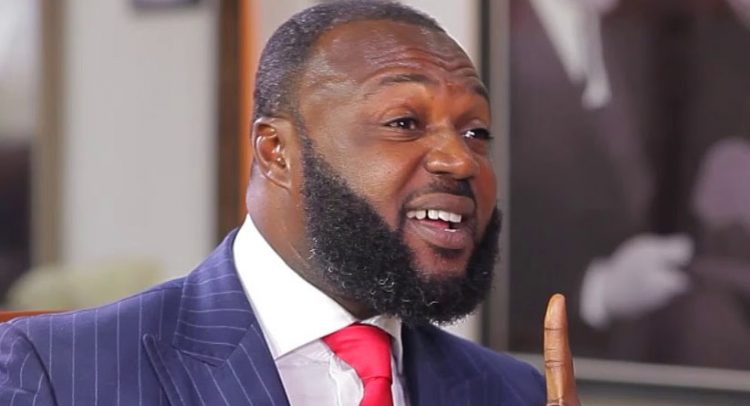William Ato Essien
The Member of Parliament (MP) for Sekondi, Andrew A. Mercer, has descended heavily on one of the bigwigs of the defunct private banks, saying he is putting up a ‘charade’.
The MP said on Saturday that William Ato Essien—who is the founder of Capital Bank which went bust despite huge government bailout—should not provoke the public whose beads of sweat were used to save his bank but still mismanaged it, resulting in a takeover.
“I think this really was a charade … when people do the wrong things, they can’t come and sit on national TV and pretend to be angels,” the MP said on Citi FM.
The MP took his time to recount how reports of suspected fraud and financial malfeasance that emerged after the collapse of Capital Bank in August 2017.
He said those owners should not think that they can mismanage the taxpayer’s sweat and get away with it, adding “people are going to be held accountable for the acts that they did in the banking sector.”
Sydney Casely-Hayford—a financial analyst and a member of pressure group OccupyGhana who was on the programme—said he was offended by Ato Essien’s interview on Metro TV where he tried to portray himself as an innocent person being harassed.
“I think that we have reached a new low with these types of entrepreneurs. Ato Essien told very few truths in that interview… For those of us could appreciate what he was putting out there; I have never felt so insulted in my time,” he said.
In August 2017, a Bank of Ghana (BoG) compulsory acquisition shook the financial sector when it announced the takeover of insolvent Capital Bank and UT Bank, and gave the two banks to the Ghana Commercial Bank.
The following year, five more banks were affected in the clean-up exercise.
It emerged that the central bank used about GH¢620 million of taxpayers’ money as bailout for Ato Essien’s bank between 2015 and 2016, and they were able to pay back only about GH¢10 million.
An internal report of a probe into how Third Party Funds (TPF) were used by the Capital Bank shareholders revealed a massive individual and corporate liabilities running into million of cedis.
The report which also looked at the segregation of liabilities of persons and/or individuals of the company showed that even in 2014, the entire shareholders liabilities were hovering around GH¢56,788,289.00.
The alarm bell was sounded by former MD, Kofi Mensah, who warned of the repercussions of the failure to recapitalize the bank by the shareholders.
The report concluded that William Ato Essien—who controlled majority of the shares (52%)—was sitting on a liability of GH¢29,529,910.28, while Dr. Stephen Enchill had 11% shares of GH¢6,246,711.79 liability.
According to the report, John Kofi Mensah with 10% shares had a liability of GH¢5,678,828.90, whilst Otabil & Associates represented by Dr. Mensah Otabil, with 7% shares, had a liability of GH¢3,975,180.23.
Messrs Isaac Osah Thompson-Mensah, Kinsley Attah Ghansah and Isaac Oheneba Osei Akoto who all had 5% each of the shares had a liability of GH¢2,839,414.45 each. Again, the International Gospel Church (ICGC) represented by Dr. Otabil that controlled 3% of the shares had a liability of GH¢1,703,648.67, with Rev. Edwin Obeng Donkor who had 2% shares sitting on a liability of GH¢11,135,765.78—all bringing the total liability to GH¢56,788,289.00.
A financial analyst said cynically that “without a doubt, the customers of Capital Bank and taxpayers are the real victims and not Ato Essien, because by design he was the beneficiary of the illegal enterprise called Capital Bank.”
By Melvin Tarlue


